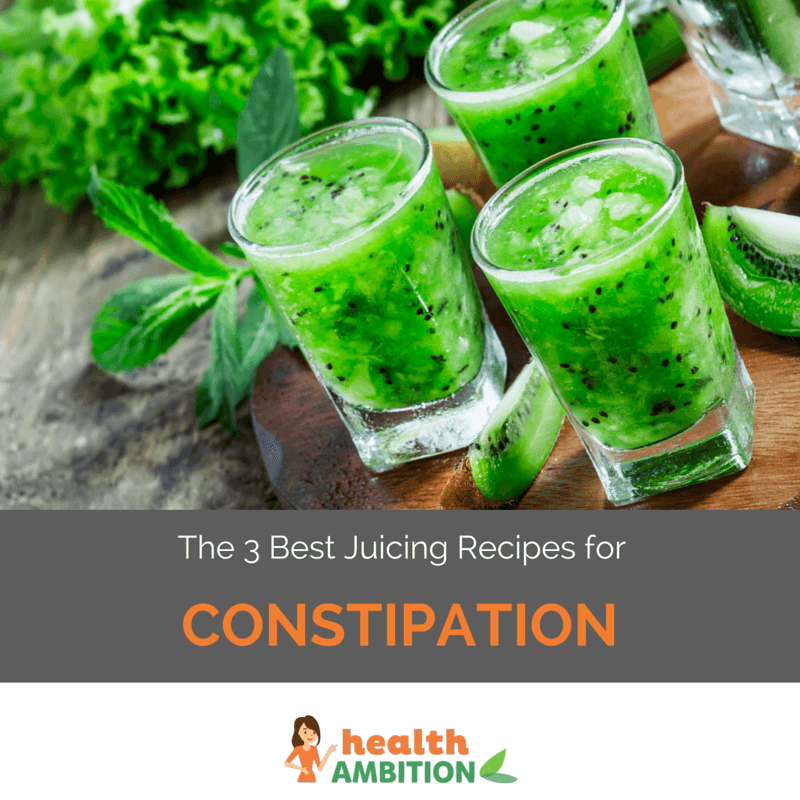
I know, I’m getting a little personal these days aren’t I? Believe me, constipation isn’t fun to talk about, but it also isn’t fun to have. That’s why I’m going to jump out of my comfort zone here and share my favorite trick for curing constipation quickly and naturally – say hello to juicing!
Juicing is a quick and natural way to get your blocked system moving in no time. Why? Because there are tons of fruits and vegetables out there that provide you with a special little ingredient called fiber. Fiber helps keep you regular and juicing helps provide some of the fiber you need.
Sure there are tons of fiber supplements out there, but I like to do things naturally, wherever possible. Luckily juicing is a simple and natural way to get the fiber you need to get your system running smoothly.
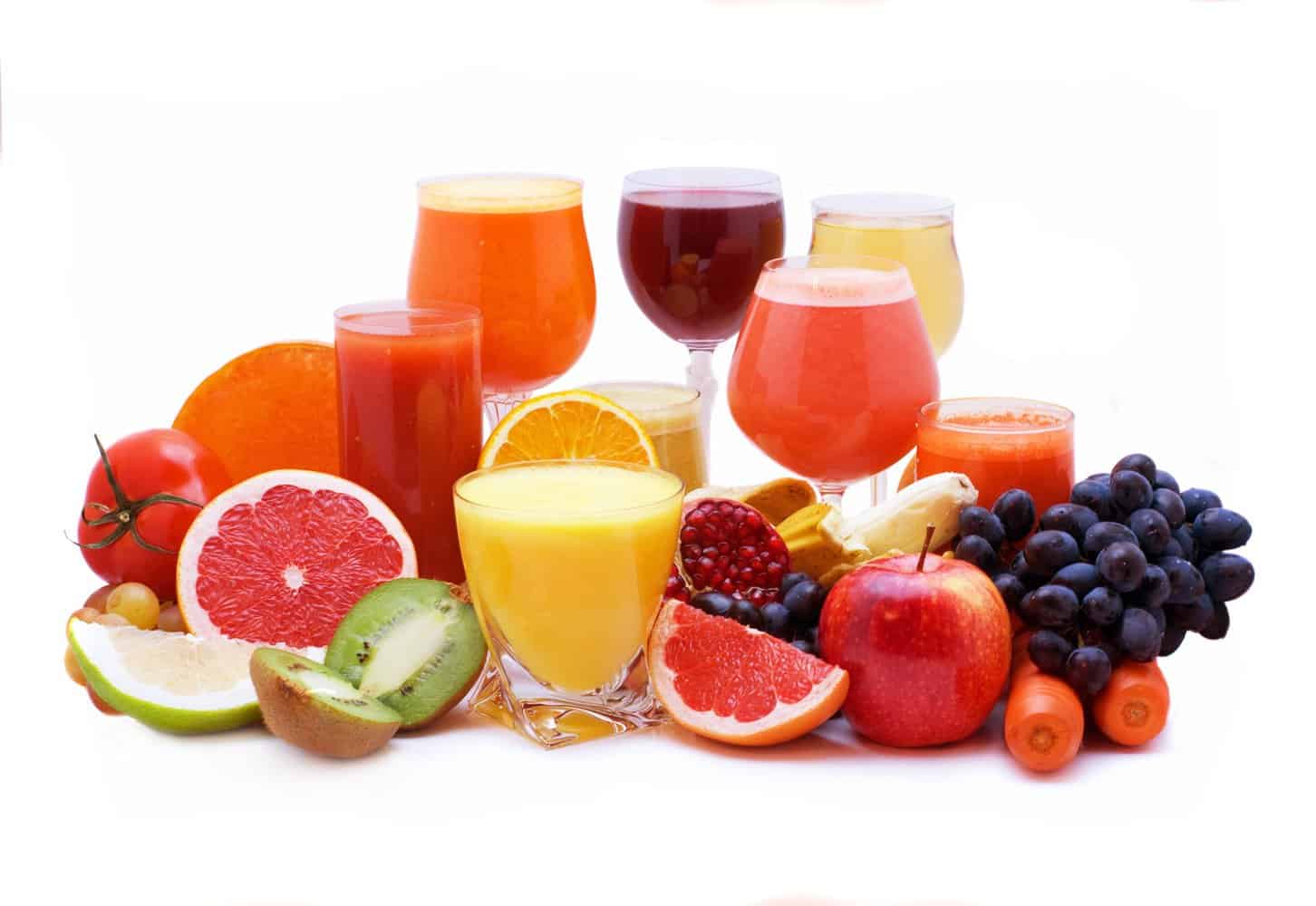
There are certain fruits and vegetables that do the best job when it comes to juicing for constipation. I’ll share a bit about those as well as some of my favorite juicing recipes for constipation later in this post.
What Causes Constipation?
Constipation is a condition that can affect anyone, no matter your age, gender or race. I won’t bore you with a reminder of what constipation is, we’ve all been there! What I will do is remind you of some things that might be causing your constipation.
According to WebMD, most people have a bowel movement one to three times per day, while others might have one once or twice per week. Going longer than three days without a bowel movement could be a sign that you are constipated. After this length of time your stool becomes harder and more difficult to pass.

When I started researching constipation more thoroughly I was surprised to find out there are actually quite a few reasons why one might be afflicted with constipation. WebMD has a whole list of causes on their site such as:
- Changes in normal diet or activity
- Colon cancer
- Eating disorders
- Consuming too much dairy
- Irritable Bowel Syndrome (IBS)
- General inactivity
- Lack of fiber
- Overuse of laxatives
- Certain medications (narcotics, antidepressants, iron pills, etc)
- Stress
- Hypothyroidism
While certain medical conditions can cause constipation, most of the time it’s due to what we are or aren’t eating. If you have reason to be concerned you might have a more serious issues, definitely visit your doctor. However, analyzing your diet is a good place to start.
Fiber is an integral part of healthy digestion and most people just aren’t getting enough. According to Health.com, the average American only gets 15 grams of fiber per day. Most experts recommend getting at least 25 grams per day.
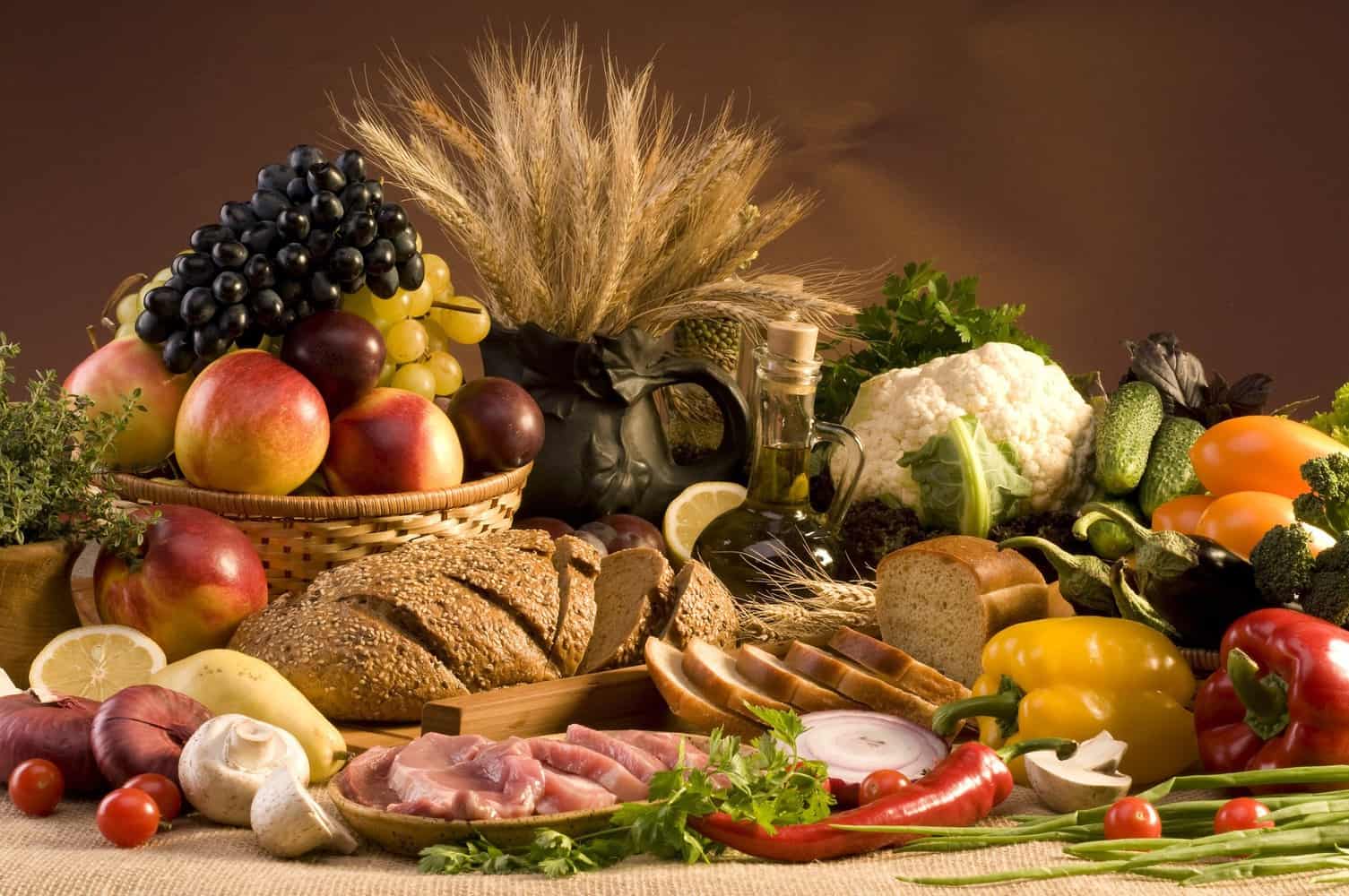
WebMD explains that fiber is important because it’s the best way to help you stay regular. They state, “It helps bulk up your stools, and keeps waste moving through your intestines, preventing constipation.”
However, one thing that is especially important to remember, when you are eating fiber or juicing, is that you have to drink plenty of water. Fiber doesn’t work without it. You need fluid in your body to help move your waste along or it can build up causing constipation. So to start, if you think you’re already getting enough fiber, make sure you’re also getting enough water.
How Does Juicing Affect Fiber Intake?
One frequent cause for concern when I tell folks about juicing for constipation is that they’ve heard that the process of juicing strips the fiber out of fruit and you’re left without it. So I’d like to quickly explain that there are two types of fiber- insoluble fiber and soluble fiber.
According to Reboot with Joe, “Insoluble fiber adds bulk to the stool, helps to keep the bowels regular, fills you up and speeds up the passage of food through the digestive tract.” This type of fiber is mostly removed through the juicing process though some very small amounts of insoluble fiber will remain.
Reboot with Joe goes on to say that
Soluble fiber absorbs water like a sponge and provides bulking matter that acts as a prebiotic to support good bacterial growth and digestive health. It also regulates sugar control, may lower blood cholesterol and slows the transit of food through the digestive tract and helps fill you up.
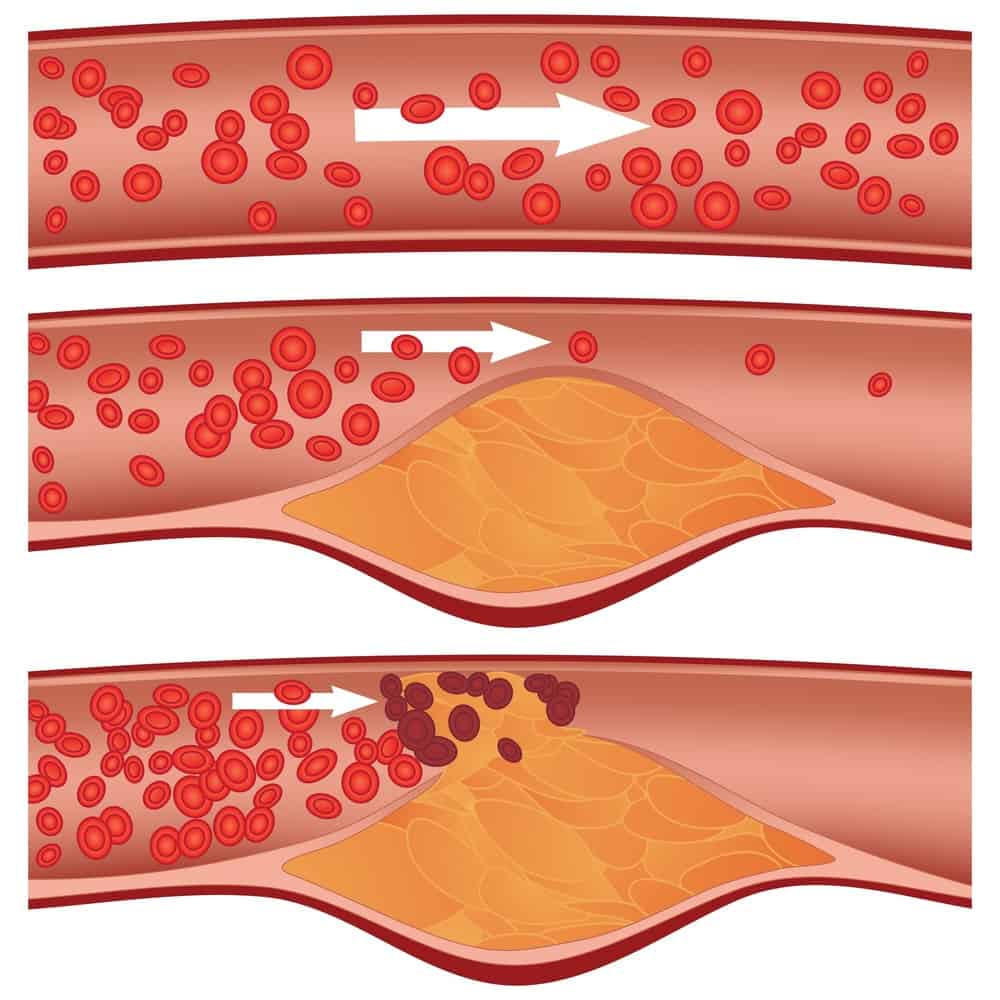
This type of fiber is still present after juicing and can continue to help your digestive system to function properly.
By juicing, you’re getting the ingredients in their most nutrient-dense form.
According to Reboot with Joe,
When you remove the insoluble fiber and are left with the fluid part of the fruits and vegetables, it allows easier assimilation and absorption of the vitamins, minerals and other important phytonutrients across the digestive tract.
Insoluble fiber actually slows down the absorption of many micronutrients. So by eliminating that type of fiber you are actually helping your body absorbs nutrients more quickly.
Unless you’re doing a full-blown juicing cleanse, you shouldn’t have to worry about your bowel movements being stalled. Flushing your body with all these nutrients and water should actually help you “move” more. Also Reboot with Joe reminds us that fecal matter is actually made up of 75% water so you’ll want to be sure to get adequate amounts of water into your system during the process.
The Best Fruits and Vegetables to Juice for Constipation
When choosing the best fruits and veggies for constipation you want to look for options that are high in fiber and low in sugar. The following are some of my top picks.
1. Apples
Not only are apples a tasty and well-liked fruit, they are also high in fiber and low in sugar. Apples contain both soluble and insoluble fiber. While the insoluble fiber will be eliminated through juicing the soluble fiber will remain, aiding in digestion.
According to LiveStrong, a 3-inch diameter apple has 4.4 grams of fiber. Removing the skin of an apple will reduce that slightly but you are still getting a decent amount of fiber in your apple juice.
According to the World’s Healthiest Foods, “the fiber found in apple may combine with other nutrients to provide you with the kind of health benefits you would ordinarily only associate with much higher amounts of dietary fiber.” Weird, but true!
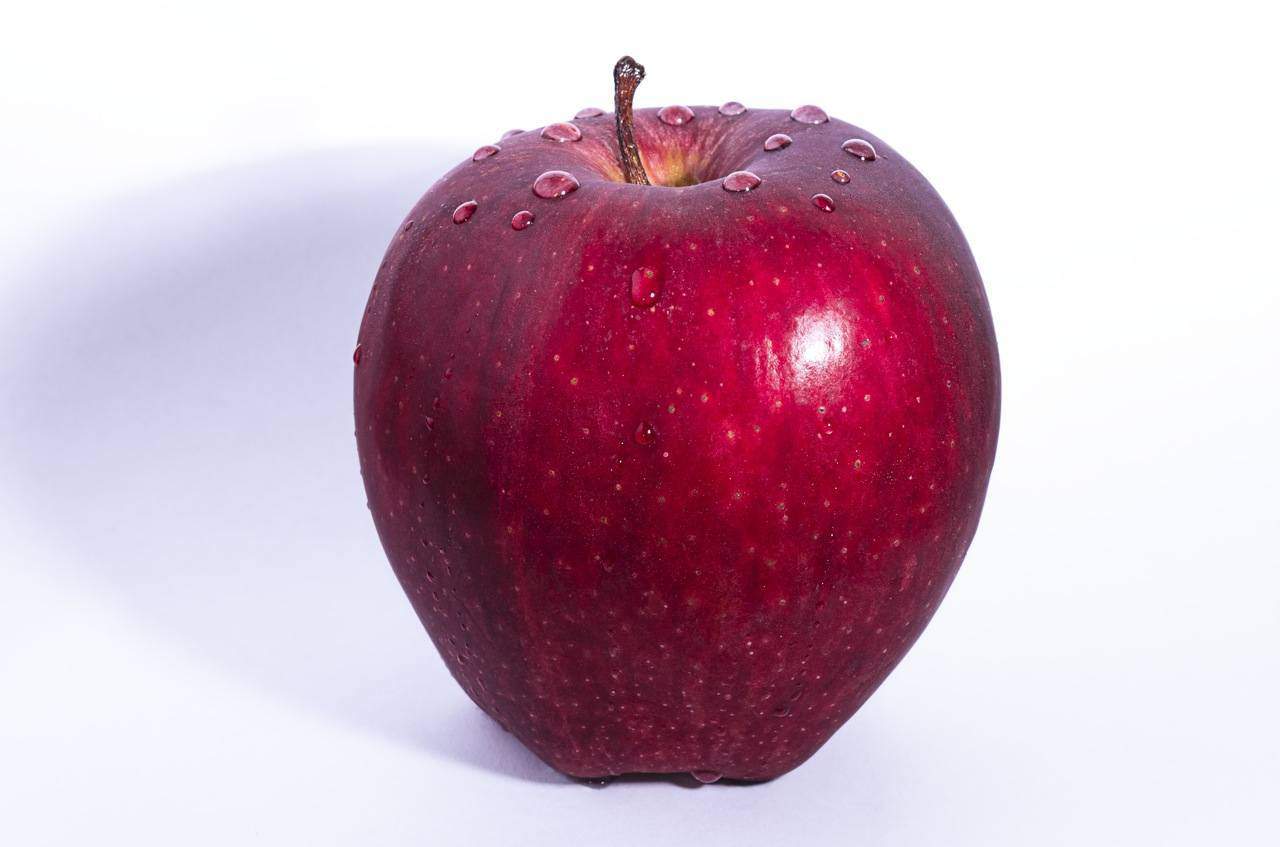
The bonus with apples is that they also contain flavonoids, phytonutrients and other vitamins and minerals that are extremely beneficial to your body. They’re a very popular fruit when it comes to monitoring your blood sugar as well. Apples can also help with heart disease and the regulation of your blood fat levels.
The World’s Healthiest Foods tells us that “The fat-lowering effects of apple have traditionally been associated with its soluble fiber content…” which proves that when juicing apples you are hanging on to their most important asset!
2. Kiwi
Kiwi is another fruit that’s high in fiber and low in sugar. According to Health.com, just 1 cup of kiwi has 5 grams of fiber. The goodness doesn’t stop there though. There are also tons of other beneficial nutrients you’ll be ingesting as well.
The World’s Healthiest Foods shows that kiwi is loaded with vitamin C, K, and E, copper, fiber, manganese, copper, folate and potassium. They go on to explain that the fiber in kiwi will help to bind and remove toxins from your colon, which can assist in preventing colon cancer.
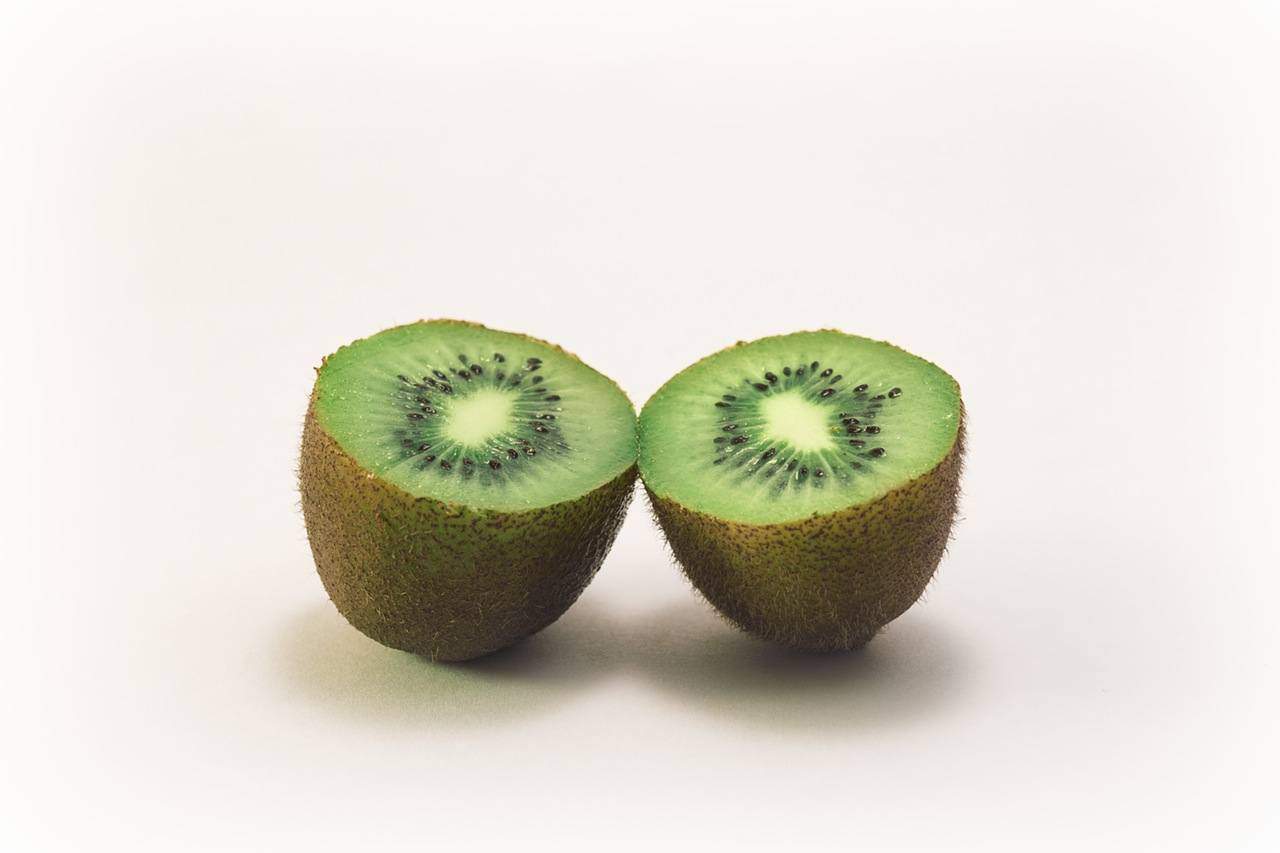
Not only will kiwi help you add some fiber to your diet, it will provide a host of other benefits as well. The World’s Healthiest Foods also explains its positive effects on cardiovascular health, asthma and macular degeneration.
Another bonus of kiwi fruits is that they are super delicious and flavorful! Creating a tropical juice drink will be equal parts delicious and relieving! You’ll find the best kiwis during the winter and spring months according to California KiwiFruit.
3. Oranges
Oranges are well-known for their high dose of vitamin C and with that, their immune-boosting powers. However, oranges also contain another magical ingredient: naringenin. Naringenin is a type of flavonoid. Flavonoids are a type of phytonutrient that act as antioxidants fighting free radicals that cause damage to the cells of our body.
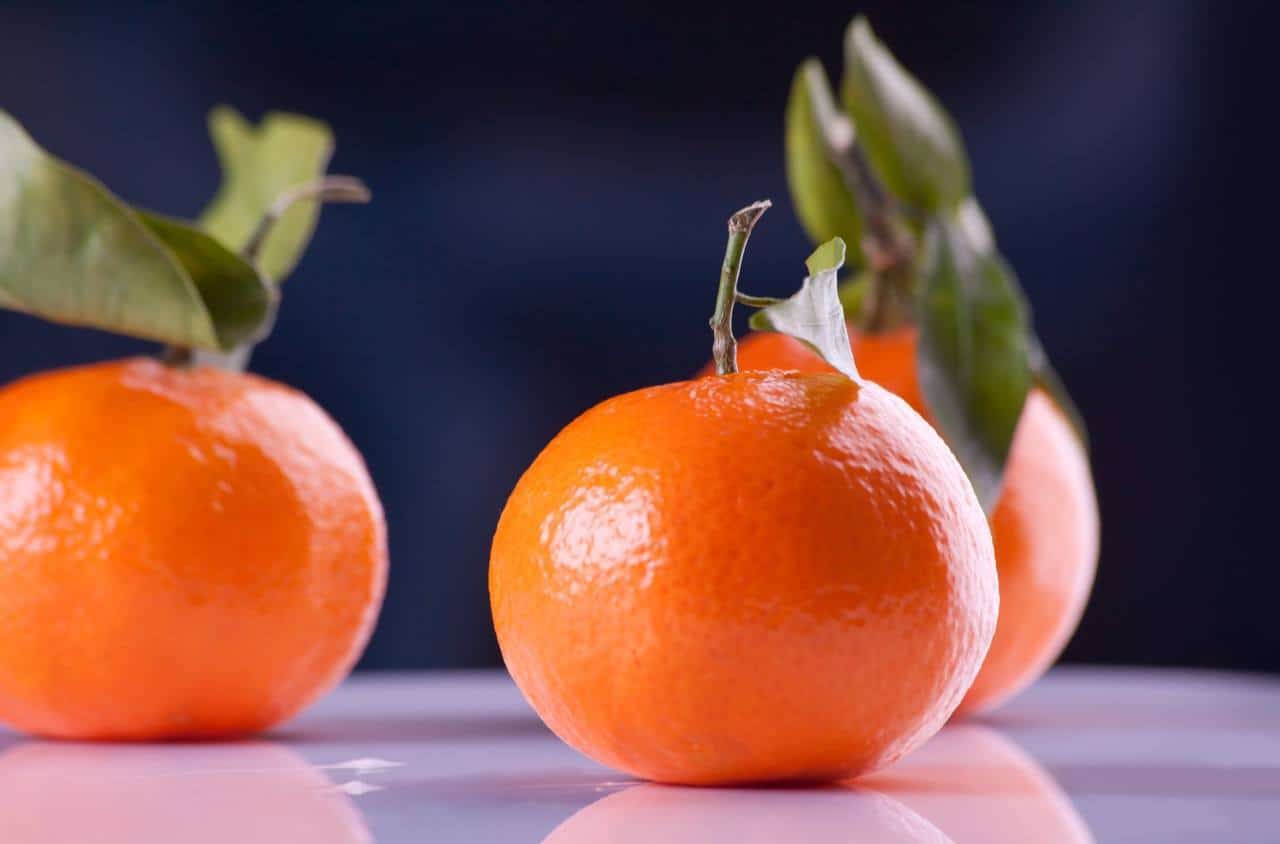
Aside from acting like an antioxidant, this flavonoid also aids in the relief of constipation. It has been found that naringenin plays the role of a laxative. Due to this, this study states, “Naringenin appears to be a novel alternative treatment strategy for constipation.”
4. Spinach
No matter what your health, it’s always good to eat your greens. However, when it comes to constipation, eating your spinach is even more important. Health.com states that just one cup of cooked spinach contains 4 grams of fiber. We already know that fiber is important when it comes to constipation but did you know magnesium is also important?
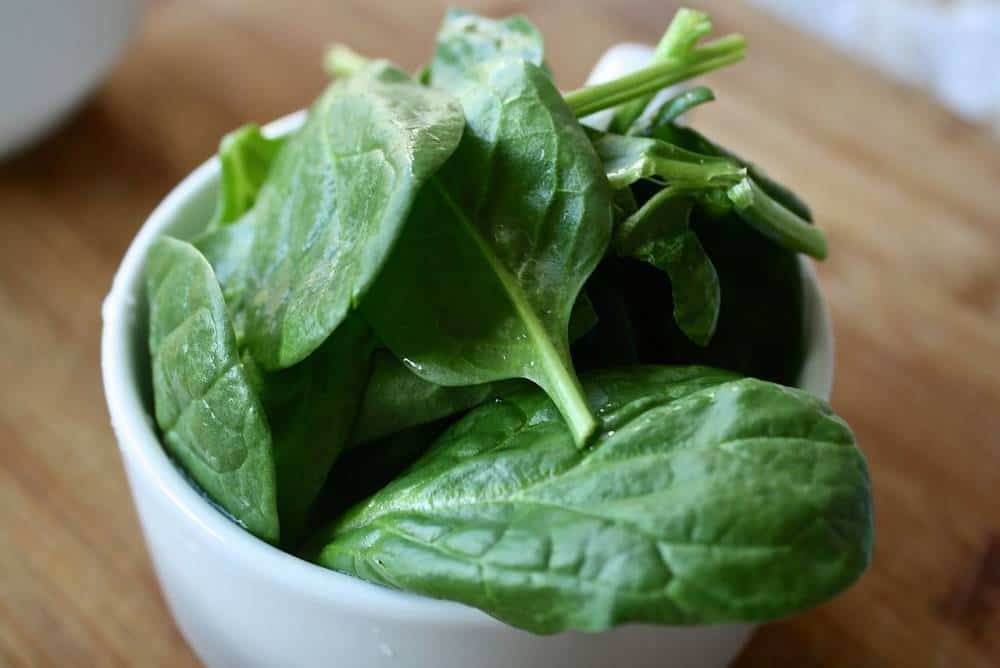
Health.com explains that magnesium can actually help the colon contract and attract water to help better flush things through. Some physicians will give constipation patients a laxative with magnesium – like the ones you’ll find on Amazon.
Since I prefer the all-natural route, I’d suggest just adding more magnesium-rich foods to your diet. After trying spinach you can mix it up by trying bananas, nuts, beans and yogurt to get even more magnesium in your life.
5. Beets
Beets are an amazing vegetable to eat – and juice. Beets contain a wide range of vitamins and nutrients. According to The World’s Healthiest Foods they not only contain antioxidants and phytonutrients but are also a great source of:
- Potassium
- Copper
- Fiber
- Magnesium
- Phosphorus
- Vitamin C
- Iron
- Vitamin B6
- Folate
- Manganese
Wow! Quite the resume! Interestingly, beets can also be a good tool for seeing how well your digestive tract is working in the first place. According to holistic nutritionist Joy McCarthy, even if your bowel movements seem regular, you might not be eliminating effectively.
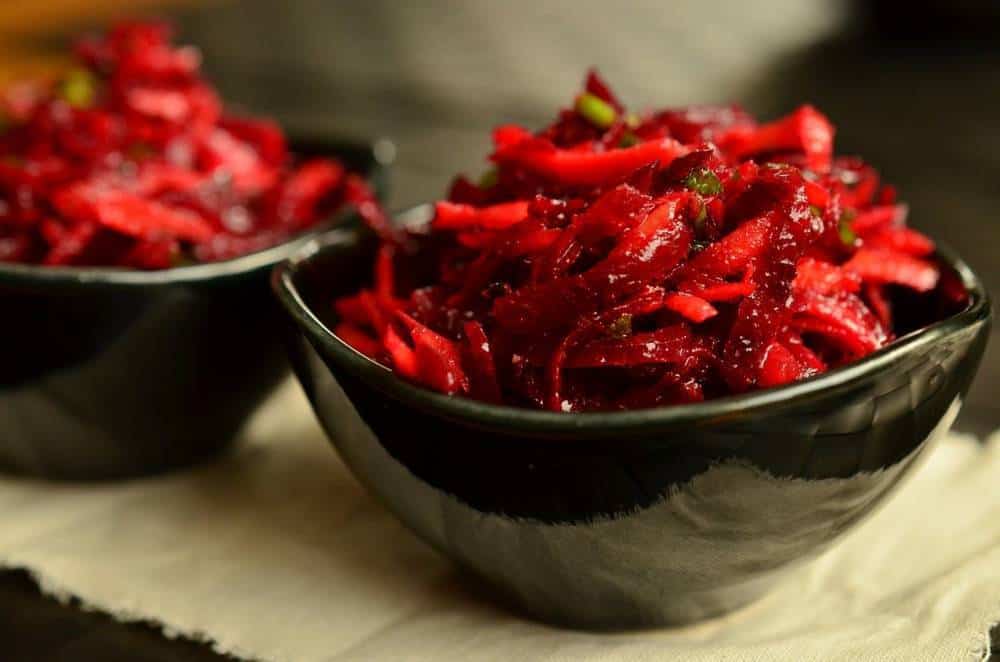
Doing a “beet test” can help you figure out if you are eliminating within the preferred 12-24 hour range.
How do you do a beet test? You simply eat some beets and then wait… to poop. If you see a fiery red bowel movement in 24 hours or less, then you are digesting things just fine. If it takes more than 24 hours for the red bowel movements to appear then you have a “slow transit time” which can be helped by increasing your fiber intake.
I definitely suggest increasing your uptake of fiber slowly if you’re body isn’t used to it. Of course, be sure to drink lots of water too!
The 3 Best Juicing Recipes for Constipation
Before I wrap up here I want to share some of my favorite juicing recipes for constipation. As mentioned, you’ll want to be sure you drink an adequate amount of water when juicing in order to help your bowels and the fiber you are receiving work properly. Otherwise, enjoy!
Recipe #1: Beet Constipation
Ingredients
Recipe #2: Apple Kiwi Relief Punch
Ingredients
- 3 peeled kiwis
- 2 green apples
- 1 cup spinach
- ½ lemon peeled
Recipe #3: Green Citrus Bowel Booster
Ingredients
- 2 oranges, peeled
- 2 green apples
- 2 handfuls of spinach
If you are looking for even more variety in your juicing recipes, check out all the juicing recipe videos available on YouTube.
Final Thoughts on Juicing for Constipation
Constipation isn’t fun for anyone but juicing can help you reverse the condition quickly. Juicing is a great way to flush your body and your digestive system with important vitamins and nutrients and get some added soluble fiber into your diet.
Some of the best fruits to juice for constipation are kiwi, apples and oranges. Some of the best vegetables to juice for constipation are spinach and beets.
So what do you think? Are you ready to fight constipation the natural way? I always like to save myself a trip to the doctor if I can and figure out how to reverse my ailments on my own. If you have any additional natural remedies for constipation or if you like my juicing suggestion, please share in the comments below!
Sources: 1, 2, 3, 4, 5, 6, 7, 8, 9, 10, 11, 12, 13
Leave a comment